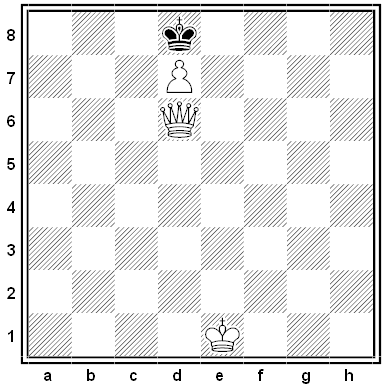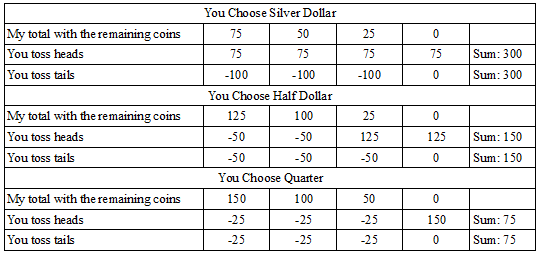Author: Greg Ross
The Friendship Theorem

If every pair of people in a group have exactly one friend in common, then there’s always one person who is a friend to everyone.
This rather heartwarming fact was proven by Paul Erdős, Alfréd Rényi, and Vera T. Sós in 1966. It’s sometimes more cynically known as the paradox of the politician.
The Erdős proof uses combinatorics and linear algebra, but in 1972 Judith Longyear published a proof using elementary graph theory.
See The Elevator Problem.
Unquote
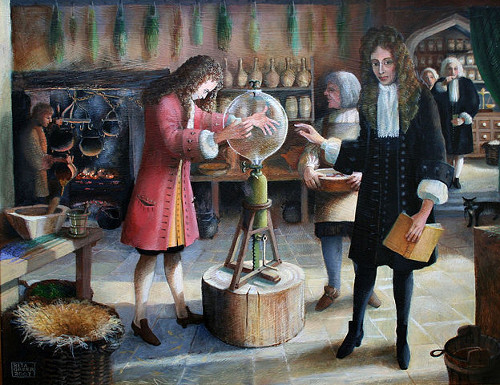
“The origin of science is in the desire to know causes; and the origin of all false science and imposture is in the desire to accept false causes rather than none; or, which is the same thing, in the unwillingness to acknowledge our own ignorance.” — William Hazlitt
An Attorney’s Night Before Christmas
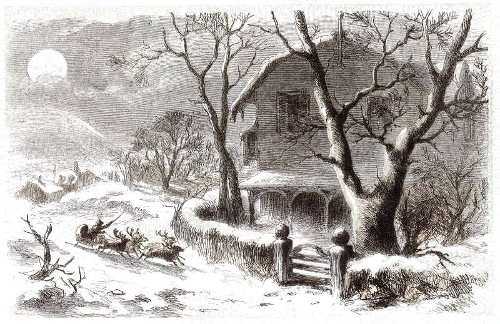
WHEREAS, on an occasion immediately preceding the Nativity Festival, throughout a certain dwelling unit, quiet descended, in which would be heard no disturbance, not even the sound emitted by a diminutive rodent related to, and in form resembling, a rat; and
WHEREAS, the offspring of the occupants had affixed their tubular, closely knit coverings for the nether limbs to the flue of the fireplace in the expectation that a personage known as St. Nicholas would arrive; and
WHEREAS, said offspring had become somnolent and were entertaining nocturnal hallucinations re: saccharine-flavored fruit; and
WHEREAS, the adult male of the family, et ux, attired in proper headgear, had also become quiescent in anticipation of nocturnal inertia; and
WHEREAS, a distraction on the snowy acreage outside aroused the owner to investigate; and
WHEREAS, he perceived in a most unbelieving manner a vehicle propelled by eight domesticated quadrupeds of a species found in arctic regions; and
WHEREAS, a most odd rotund gentleman was entreating the aforesaid animals by their appellations, as follows: “Your immediate cooperation is requested, Dasher, Dancer, Prancer, and Vixen, and collective action by you will be appreciated, Comet, Cupid, Donder, and Blitzen”; and
WHEREAS, subsequent to the above, there occured a swift descent to the hearth by the aforementioned gentleman, where he proceeded to deposit gratuities in the aforementioned tubular coverings,
NOW, THEREFORE, be ye advised: That upon completion of these acts, and upon his return to his original point of departure, he proclaimed a felicitation of the type prevalent and suitable to these occasions, i.e., “Merry Christmas to all, and to all a good night!”
(I’m not sure who came up with this — I’ve seen several versions.)
The Death Mask Stamps
In 1903 Serbian king Alexander I and his queen were murdered in their palace. Alexander’s successor, Peter Karageorgevich, rescinded postage stamps bearing the dead king’s portrait and marked his own coronation with this stamp, depicting twin profiles of himself and his ancestor Black George, a Serbian patriot:
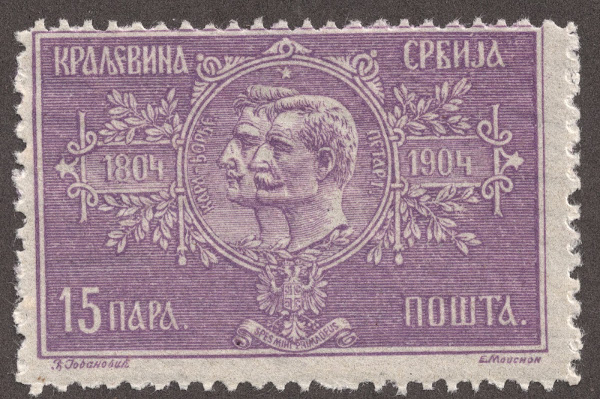
If he’d hoped this would allay suspicion, he was mistaken. In Through Savage Europe (1907), writer Harry De Windt notes that when the stamp is turned upside down, “the gashed and ghastly features of the murdered King stand out with unmistakable clearness”:
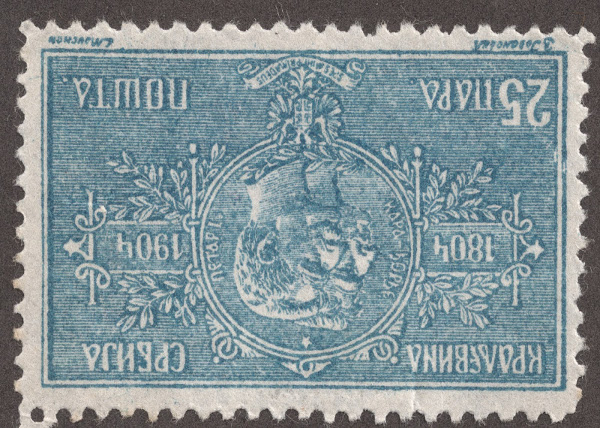
That’s a bit overstated. Here’s Alexander’s original stamp and the purported “death mask” — gaze at it blankly and Alexander’s features will emerge from the noses, brows, and chins:
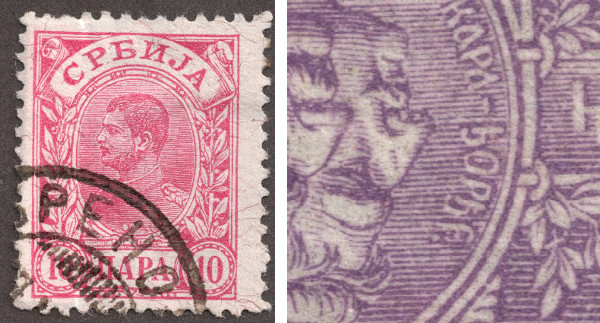
“Needless to state, the issue was at once prohibited.”
Observations

More maxims of La Rochefoucauld:
- “We endeavour to get Reputation by those Faults we won’t amend.”
- “We never desire vehemently what we desire rationally.”
- “Whatever Distrust we may have of People’s Sincerity, we always believe they are more ingenuous with us than with any body else.”
- “We promise according to our Hopes, and perform according to our Fears.”
- “Repentance is not so much Remorse for what we have done, as Fear of its Consequences.”
- “Our Enemies come nearer the Truth in their Judgment of us, than we do ourselves.”
- “We don’t despise all those who have Vices, but we despise all those who have no Virtues.”
- “None but such as are contemptible are apprehensive of Contempt.”
- “That Conduct often seems ridiculous the secret Reasons of which are wise and solid.”
- “Censorious as the World is, it oftner shews Favour to false Merit, than it does Injustice to true.”
- “Our Fancy sets the Value on all we receive from Fortune.”
And “We take less Pains to be happy, as to appear so.”
Three Coins
Three coins are lying on a table: a quarter, a half dollar, and a silver dollar. You claim one coin, I’ll claim the other two, and then we’ll toss all three. A coin that lands tails counts zero, and a coin that lands heads wins its value (in cents, 25, 50, or 100) for its owner. Whichever of us has the larger score wins all three coins. If all three coins land tails then we toss again.
Which coin should you claim to make the game fair — that is, so that each of us has an expected win of zero?
Podcast Episode 60: The Day They Hanged an Elephant
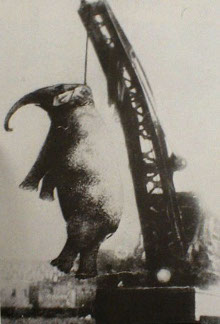
In 1916 an American circus elephant named Mary was hanged before a crowd of 3,000 onlookers. In this week’s podcast we’ll review the sad series of events that led Mary to a Tennessee railroad crane.
We’ll also get an update on a very inventive bank robbery and puzzle over the escalators in London’s Tube stations.
Beginners’ Welsh
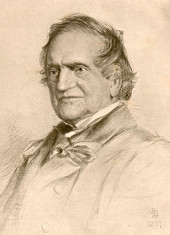
From a letter from Adam Sedgwick to his niece Fanny Hicks, July 23, 1846:
The miserable damp weather made me rheumatic and low-spirited, so I nursed one day in Carnarvon and then drove to Pwllheli. What a charming name! In order to pronounce the first part (Pwll), you must blow out your cheeks just as you do when puffing at a very obstinate candle; then you must rapidly and cunningly put your tongue to the roof of your mouth behind the fore teeth, and blow hard between your cheeks and your tongue, holding your tongue quite steady all the while, as a man does a spade just before he is going to give it a good thrust with his right foot. With such a beautiful direction you cannot fail to pronounce Pwll quite like a genuine Celt. Should the word be Bwlch, take care to observe the previous directions, only, in addition, while the wind is whistling between your rigid tongue (sticking forwards spade-fashion), and your distended cheeks, contrive by way of a finale to give a noise with your throat such as you make when an intrusive fishbone is sticking in it.
He added, “If you put off writing for a day or two, why then address me at Post Office, Machynlleth, North Wales. … yn is sounded as the grunt given by a broken-winded pavier.”
Digit Spans
A puzzle by Anatoly Savin: Using each of the digits 1, 2, 3, and 4 twice, write out an eight-digit number in which there is one digit between the 1s, two digits between the 2s, three digits between the 3s, and four digits between the 4s.

